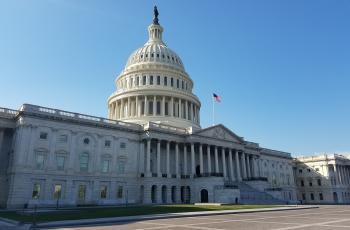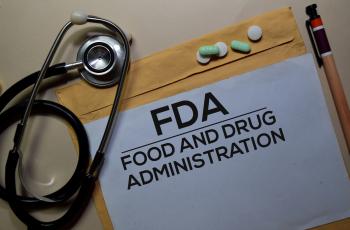Stigma and Society News - 7/1/2021
With this series we will bring you the latest news in stigma and society. This week we cover diabetes health outcomes in the US and how to be a better ally.
For more news in diabetes advocacy and policy, check out our compiled news updates here.
New study indicates worse US diabetes outcomes in the past decade
A recent study of diabetes outcomes in the US over the past two decades have indicated that glycemic and blood-pressure control have worsened since 2010. From 2007-2010, over 57% of adults with diabetes had an A1C less than 7%. From 2015-2018, only 50.5% of adults with diabetes reached that same target. Similarly, over 74% of adults with diabetes met recommended blood pressure targets between 2011 and 2014 while only 70% of adults with diabetes reached blood pressure targets from 2015-2018.
Why it matters: Despite countless innovations in diabetes therapies and technologies in the past decade, we are seeing worse diabetes health outcomes nationally. Researchers recommend increasing the use of first-line therapies, which are often more affordable than new treatments, to improve glycemic and blood pressure control in the US. A national commitment to increasing access to diabetes healthcare and improving diabetes education is vital in improving these health outcomes in the US.
How can people with diabetes be better allies?
In a Beyond Type 1 op-ed, Lala Jackson writes about how the diabetes community can be better allies to Black Americans, especially in accessing quality healthcare. Jackson writes “While the healthcare system in the United States has been failing the diabetes community for several decades, our country has been disenfranchising, violently suppressing, and silencing Black people for hundreds of years.” Jackson explains that while white people do not have the lived experience of being Black in America, all people with diabetes have at least some understanding of watching people “stay silent” as they “fight for their right to live.” White people with diabetes should use this experience to be better allies to Black people in the US.
Why it matters: While barriers to healthcare for Black Americans are much greater than for white people with diabetes, Jackson recognizes how people with diabetes can use their experiences with the disease to motivate and inform their allyship towards the Black community. This is especially relevant to the diabetes community because Black Americans are more likely to have diabetes and related health complications. To be a better ally, Jackson encourages white, and other non-black individuals, to use their position of privilege to amplify black voices, speak out against racist policies and systems, educate one another on racism in the US, and advocate for the rights of Black Americans.
What you can do: Look here for resources on how you can be an ally.


